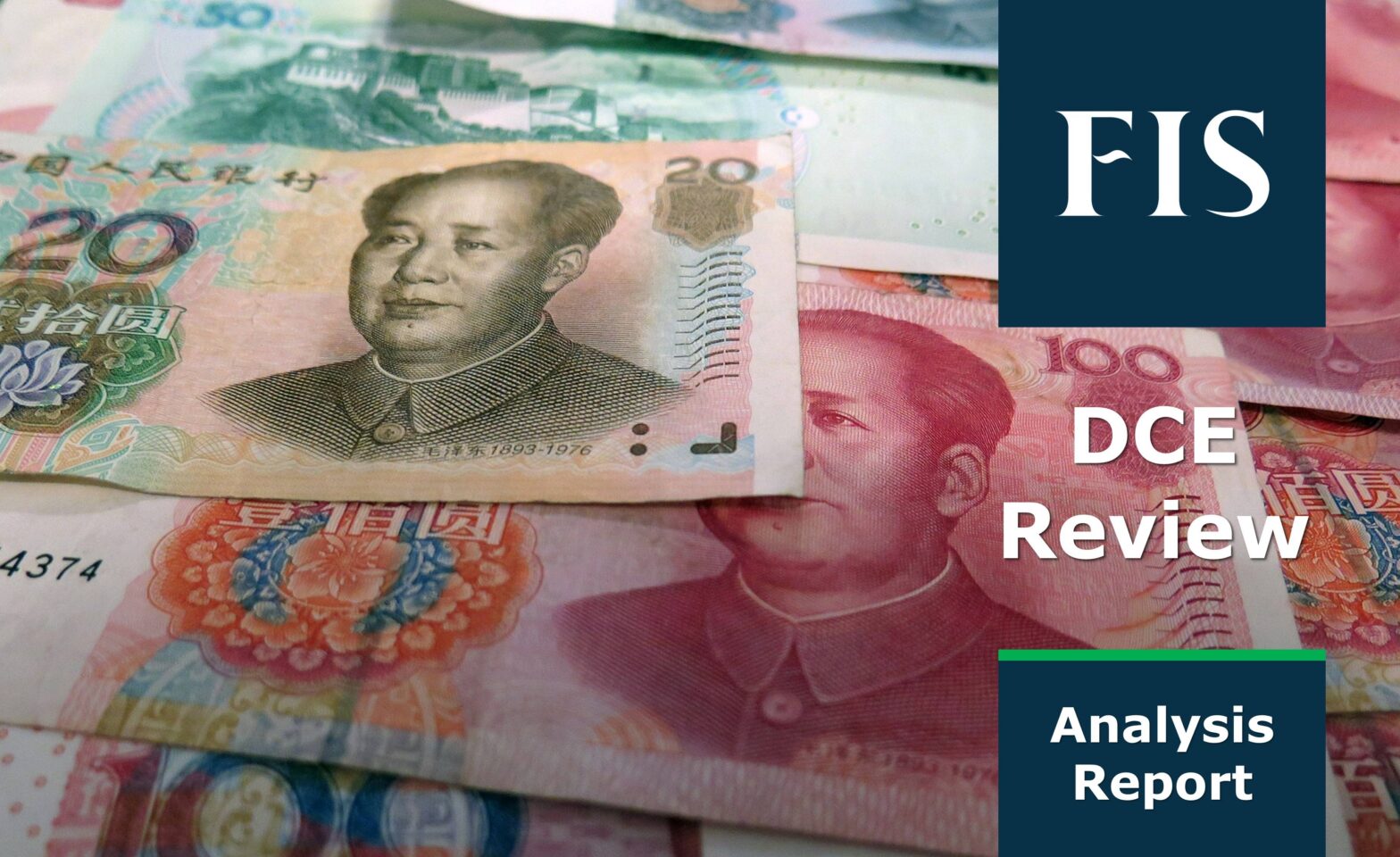Iron ore futures rebounded from previous week of losses, despite market concern over supply from the Russia-Ukraine conflict.
The futures of Dalian Commodity Exchange (DCE) for May delivery then rose by 2.69% day-on-day or up RMB 18.50 to RMB 705.50/mt, during the day trading session on Monday.
The rebar futures also rose by 1.96% to RMB 4,693/mt, during the day trading session.
Joint action between NDRC and DCE to stabilize prices
Chinese market regulator, National Development and Reform Commission (NDRC) had met with Dalian Commodity Exchange (DCE) releasing a joint statement to enhance on the regulation of iron ore futures.
Under the statement, both parties seek to strengthen the regulation over iron ore futures and spot markets and crack down on market violations and illegal activities to ensure stability in the iron ore market.
Previously, the NDRC had been very vocal in highlighting market malpractices of false price information fabrication and urge traders to reduce high inventory with selloff to stabilize the market.
Hence, most of the trade participants expected more state intervention in enforcing stricter regulations for trading and price discovery in the near term and welcomed the tie up with trading platform with the DCE.
Raw materials disruption from the Russia-Ukraine conflict
Ukraine-based iron ore miner Ferrexpo declared force majeure as its shipments were disrupted by the military conflict with Russia.
Logistical issues became a problem as the port of Yuzhny had been closed due to fighting in the Black Sea, that forbade the miner to ship iron ore pellets to its clients.
So far, Ferrexpo produced 11.2 million mt of blast furnace acid pellets and had a huge client base consisting of Austria, Germany, Japan, South Korea, Taiwan, China, Slovakia, the Czech Republic, Turkey, Vietnam and the US.
Due to the disruption of raw material from the conflict, some trade participants had diverted their supply source, such as Japanese steelmaker, Nippon Steel which depended on 14% of its iron ore pellets supply from both Russia and Ukraine.
However, the Japanese steelmaker issued a statement on Monday, that it will consider ‘alternative sources’ from Australia and Brazil to plug in the supply gap.
